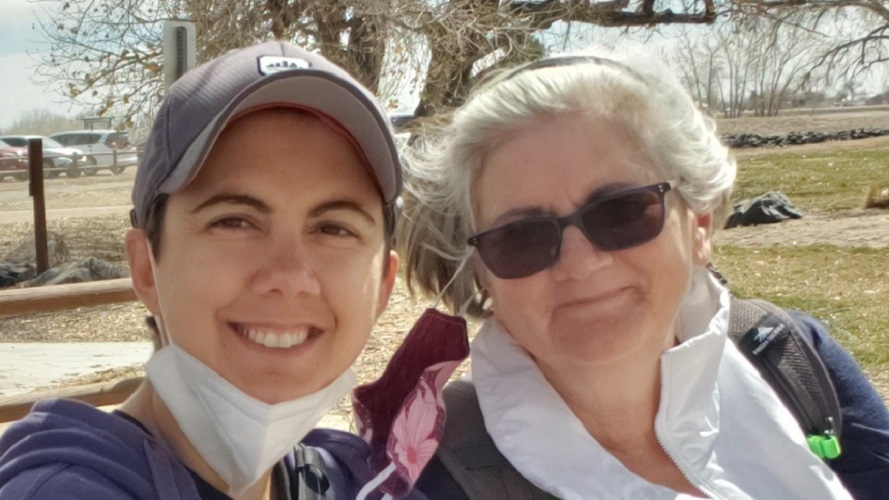Since 2004, the U.S. Surgeon General has declared Thanksgiving as National Family Health History Day — a day to encourage families across the country to collect their family health history that can predict risk for illness.
Similar genes, behaviors, cultures, and environments may affect a family’s risk of developing certain health problems. Tracing illnesses suffered by blood relatives can help your doctor predict the ailments for which you may be at risk and recommend preventive measures.
According to the U.S Department of Health & Human Services, a recent survey found that while 96 percent of Americans believe that knowing their family history is important, only one-third of Americans have [1] ever tried to gather and write down their family’s health history.
The U.S. Centers for Disease Control and Prevention has created a family health history resource so that families can keep track of diseases and discover hereditary health risks. This tool makes it easy to share family health history information with your doctor and other family members. While all blood relatives should be included in your history, the most important participants are your immediate family: parents, siblings, and children.
The following are sample questions to ask your family this Thanksgiving:
· Do any of our family members have serious or chronic diseases?
· Do any diseases run in our family?
· How old were you/they when they developed these diseases?
· What are our family’s lifestyle habits such as exercise or smoking?
· Have any family members had surgeries or been hospitalized?
· Does anyone in our family take medications regularly?
· What diseases did our deceased relatives have?
· What was the cause of their death, and how old were they?
Taking the time to document your family’s health history can create a healthier future.
[1] U.S. Department of Health & Human Service, Centers for Disease Control and Prevention





